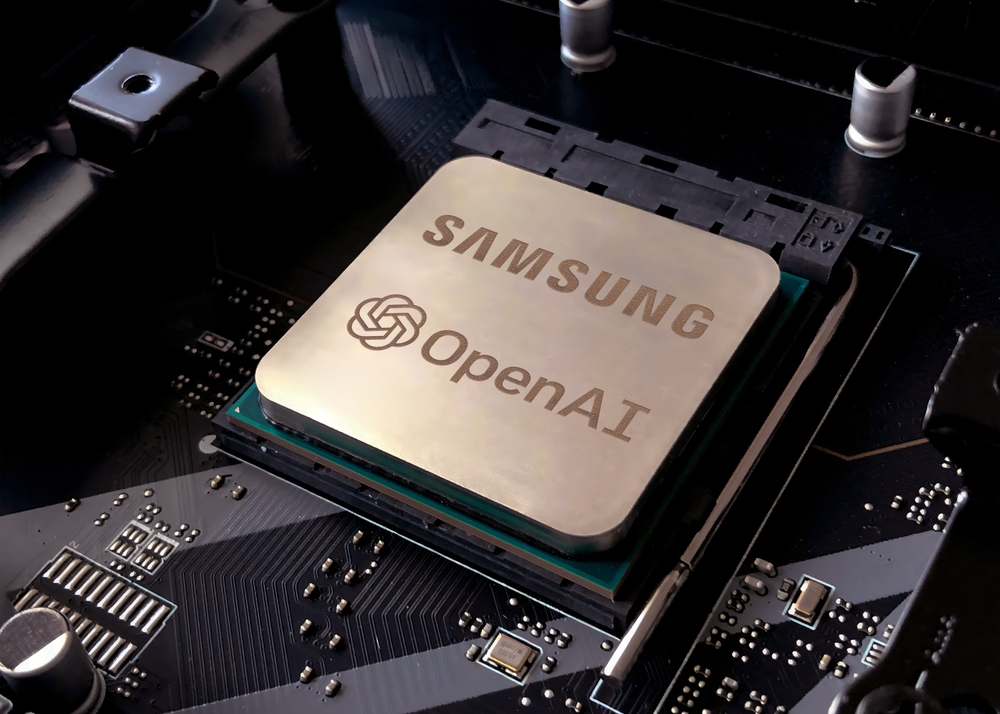OpenAI CEO Sam Altman made a low-key visit to South Korea to meet with top executives from Samsung Electronics and SK Group as he pursues his vision of bringing AI chip production in-house.
Altman has been courting investors to raise billions of dollars to set up a network of chip fabrication plants so that OpenAI can produce its own AI chips. Nvidia’s long lead times and growing global demand for AI chips are behind OpenAI’s strategy.
Raising money for a chip fab is one thing; having the tech to put in the chips is quite another. One of the key parts of high-performance AI chip architecture is High Bandwidth Memory (HBM). An advanced version of this memory, HBM3, is the secret sauce in NVIDIA’s H200 GPUs.
Samsung and SK have the world’s highest market share of HBM technology, with the two companies supplying 90% of global supply in 2023.
Altman met with Kye Hyun Kyung, CEO of Samsung Electronics Device Solutions as well as SK Group Chairman Tae-won Chey and SK Hynix President Kwak Noh-Jung.
Altman was in talks to procure HBM from these companies as well as exploring the possibility of attracting investment for his chip fabrication project.
Earlier this month, Altman met with Taiwan Semiconductor Manufacturing Co (TSMC) to discuss a chip manufacturing partnership to help wean OpenAI from its dependence on NVIDIA.
Altman’s passion for chip production is shared by US authorities who see substantial risk in the US tech sector’s dependence on chips produced almost exclusively in Taiwan. That supply chain is extremely vulnerable to Chinese geopolitics.
If Altman secures sufficient funding and IP-sharing partnerships, OpenAI could become a leader in both AI software and hardware.





